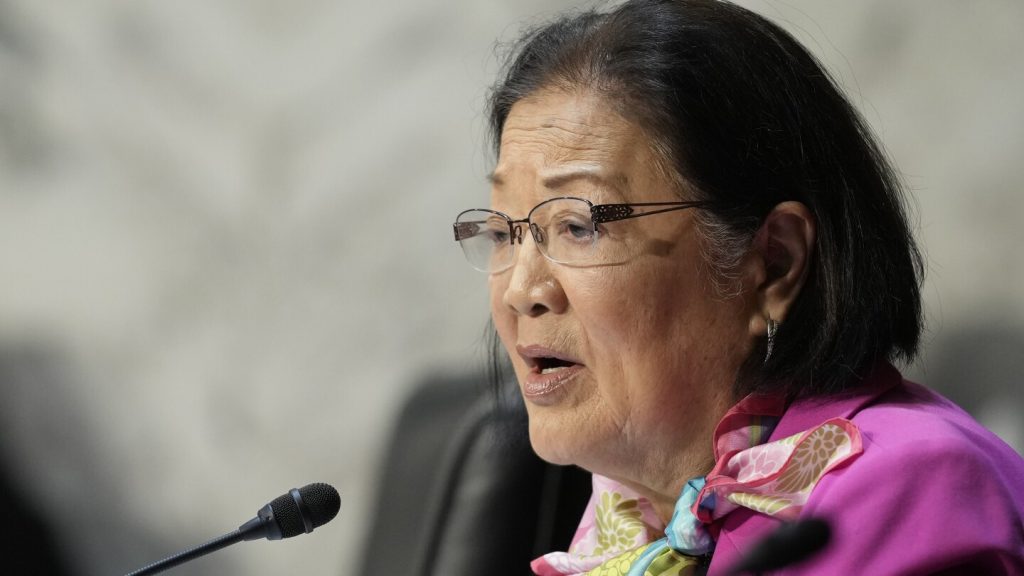The Democratic Party’s primary election in Hawaii saw incumbent U.S. Senator Mazie Hirono and other congressional representatives win their races. Hawaii is a vote-by-mail state, with ballots being mailed to registered voters who can return them through the mail or at drop-off boxes. Voters also had the option to cast their ballots in person at voter service centers. Ballots had to be received by county elections offices by 7 p.m. on Election Day to be counted.
In the U.S. Senate race, Mazie Hirono sought a third term and won against Ron Curtis and Clyde McClain Lewman. Hirono, who first became a state legislator in 1980, has served in various political positions before being elected to the U.S. Senate in 2012. She underwent surgery for kidney cancer in 2017 but was re-elected to a second six-year term in 2018. On the Republican side, former state Rep. Bob McDermott secured the nomination for the Senate seat, having previously run for the same position.
In the U.S. House race for Hawaii’s 1st Congressional District, incumbent Ed Case won the Democratic Party primary against Cecil Hale. Case, who previously represented Hawaii’s 2nd Congressional District, has been in office since 2018. Patrick Largey ran unopposed in the Republican primary. In the 2nd Congressional District, Rep. Jill Tokuda and Steve Bond were unopposed in their respective Democratic and Republican primaries. The district covers suburban Honolulu and the neighboring islands.
The State House race in Hawaii saw House Speaker Scott Saiki facing a tough challenge from Kim Coco Iwamoto for the downtown Honolulu and Kakaako district. Saiki, an attorney, has been the House speaker since 2017 and has been a state representative for three decades. Iwamoto, also an attorney, aims to fight government corruption, address homelessness, and wasteful spending. She previously served on the state Board of Education and was the highest-ranking openly transgender person elected 18 years ago.
Overall, the primary election in Hawaii saw incumbent Democratic candidates securing their nominations for the U.S. Senate and House seats, as well as the State House races. The election process in Hawaii being predominantly vote-by-mail provided registered voters with various options to cast their ballots, ensuring a convenient and accessible voting experience. With key races decided, the focus now shifts to the general election where these candidates will face off against their Republican counterparts in the November election.


